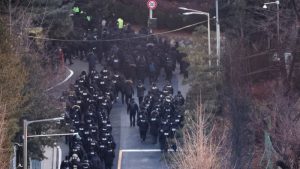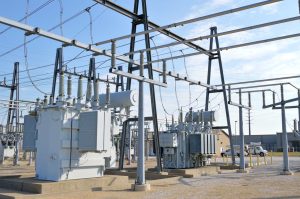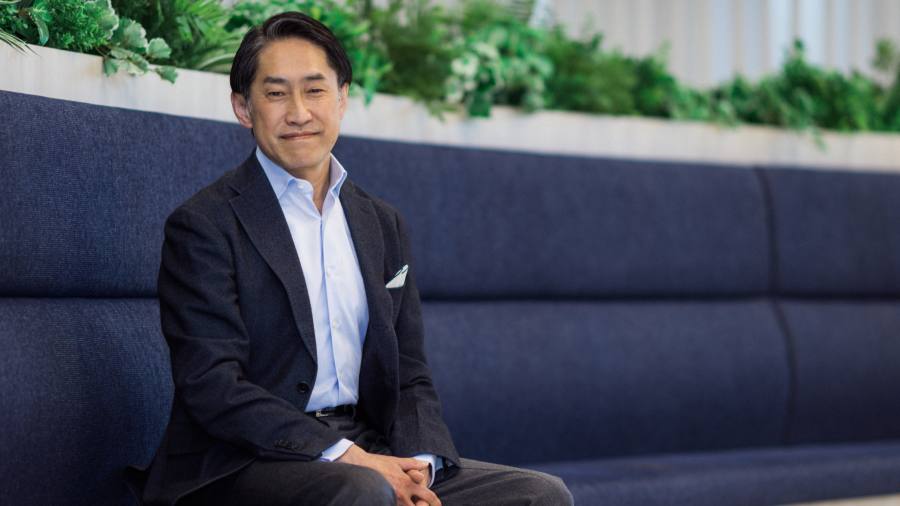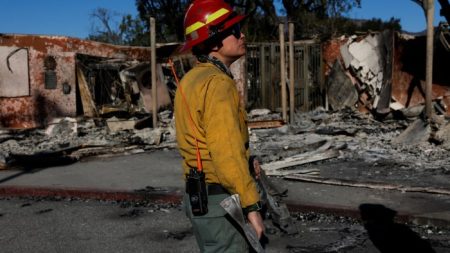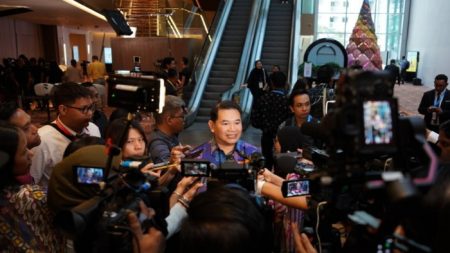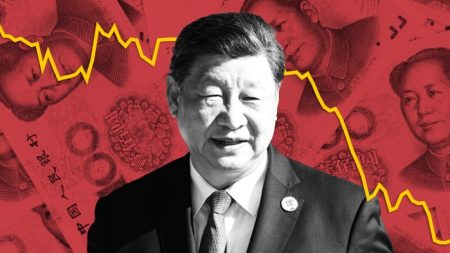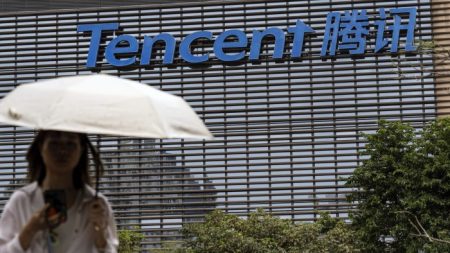The chief executive of Astellas has ruled out an exit from China after Beijing detained a local executive of the company last month, a move that sent shockwaves through the Japanese business community in the country.
In his first public comments since its employee was arrested in late March on espionage charges, Naoki Okamura said Japan’s second-largest pharmaceutical company by revenue planned to take further steps to diversify its supply chain in China, but cautioned against the incident becoming a catalyst to pull back its presence.
“It is true that geopolitical risks are rising,” Okamura said in an interview at the company’s Tokyo headquarters. “Instead of deciding to cut off China, we are preparing for such risks by preparing alternative options [to secure products] and increasing safety stocks.”
“For now, we are not considering an exit from China,” he added, noting that the country’s huge market was “obviously attractive”.
China accounts for less than 5 per cent of the company’s annual revenue, but the country is important to Astellas for securing raw materials for its drugs.
Chinese authorities detained a local senior Astellas executive in Beijing last month as he was about to board a flight back to Japan. Chinese foreign ministry spokesperson Mao Ning said the individual was suspected of “engaging in espionage activities”.
The unusual arrest of a senior official at a large corporation has stunned the Japanese business community, which has begun reassessing risk and halting business trips to China, where they had hoped to increase activity after Beijing began lifting stringent zero-Covid policy late last year.
The arrest also comes amid increasing tensions between China and Japan over economic security, particularly around advanced technology such as semiconductors.
“The impact of this Astellas incident on Japanese businesses is huge and there will be companies that will need to consider an exit from China due to concerns about their employee safety,” said Kenji Minemura, a senior research fellow at the Canon Institute for Global Studies think-tank.
While Astellas has not identified the detained employee, people with knowledge of the incident said the individual, who was in his 50s, had spent more than two decades in China and was known for promoting bilateral economic ties.
The executive was also involved in the Japanese Chamber of Commerce and Industry in China, the people added, which has been transitioning from a largely networking entity into a more effective lobbying organisation.
Since China passed a counter-espionage law in 2014, 17 Japanese nationals have been arrested, of which five remain in detention, including the Astellas employee, according to Japan’s foreign ministry.
“Japan is an easy target because government efforts led by the foreign ministry in hostage diplomacy are weak. It also lacks an intelligence agency that can collect information so that Japan can also take hostages to negotiate the return of its citizens,” Minemura said.
It remained unclear whether the arrest was politically motivated or specific to Astellas. Japan’s foreign minister Yoshimasa Hayashi pressed for the executive’s release when he visited Beijing this month.
“This has really scared Japanese corporations. The Chinese government has expressed its interest in maintaining dialogue with Japan so it’s difficult for Japanese companies to digest this mixed message,” said a chief executive of a large listed Japanese group.
News of the arrest emerged shortly after Japan’s prime minister Fumio Kishida visited Kyiv, which coincided with Chinese president Xi Jinping’s trip to Moscow.
China has urged Japan to retract new restrictions on exports of semiconductor manufacturing equipment announced last month. Tokyo has argued that the measure was not targeted at China, but Beijing views it as in alignment with US steps to cut off China’s access to tools needed to manufacture advanced chips.
People close to two of Japan’s largest business lobby groups, Keidanren and Keizai Doyukai, said members had deliberately held back visits to China following the arrest. Spokespeople at both groups said there were no current plans for such trips.
One major Japanese trading house has also instructed its employees to temporarily halt business trips to China, according to a person with direct knowledge of the guidance.
“I think that Japanese companies are probably slower than US companies to change their China strategy, but you can definitely hear people discussing it among our suppliers,” said a director of one large Japanese company.
“I think the Astellas incident is not a ‘tipping point’ exactly, but it will make it easier for companies to accelerate their plans to have no Japanese senior executives in mainland China.”
Prior to the arrest, Astellas had been considering installing a Chinese executive to head its local operations, according to company officials.
“The era of sending expats is coming to a close,” Okamura said, adding: “This isn’t just about China . . . We want to create a local talent pool for each location.”
Read the full article here



